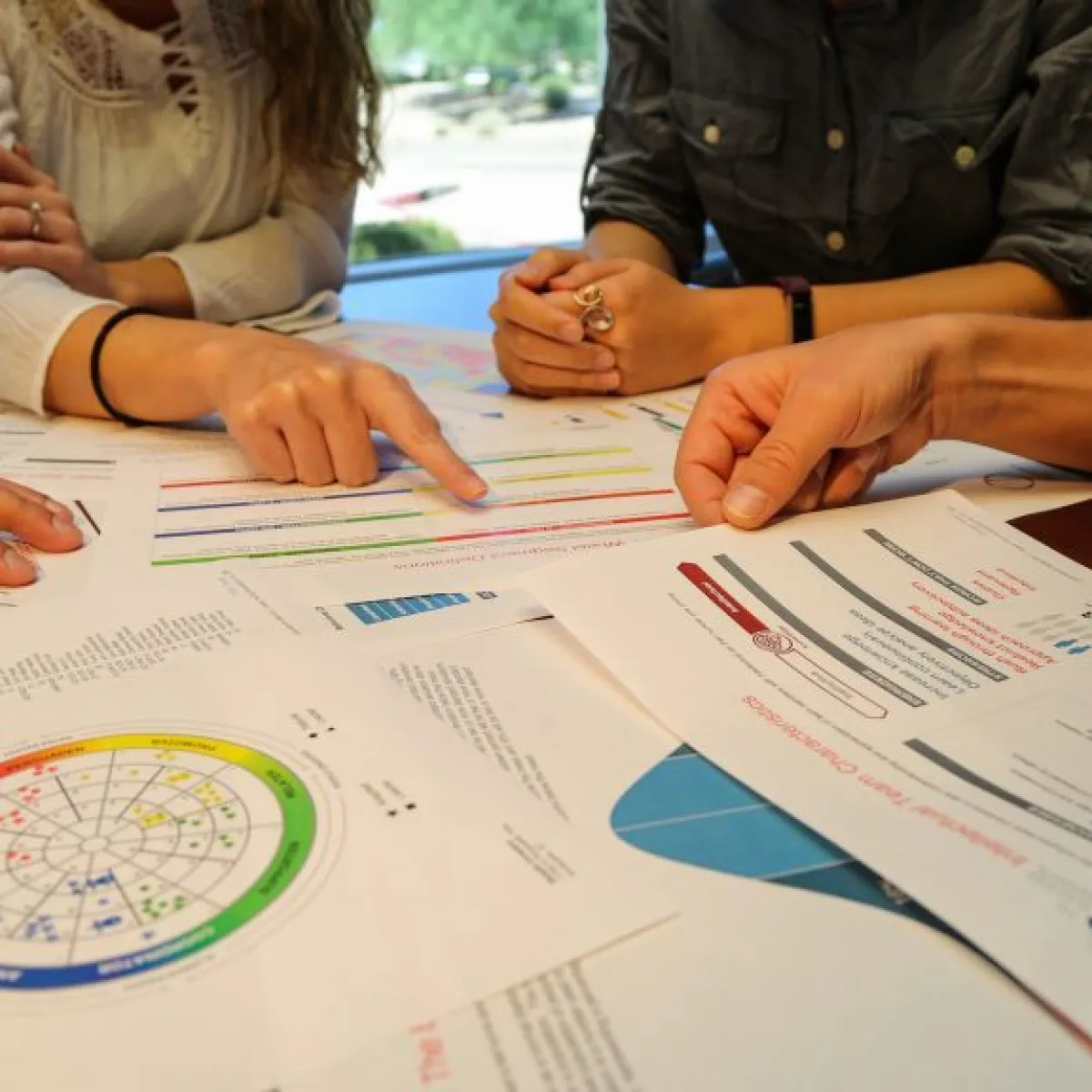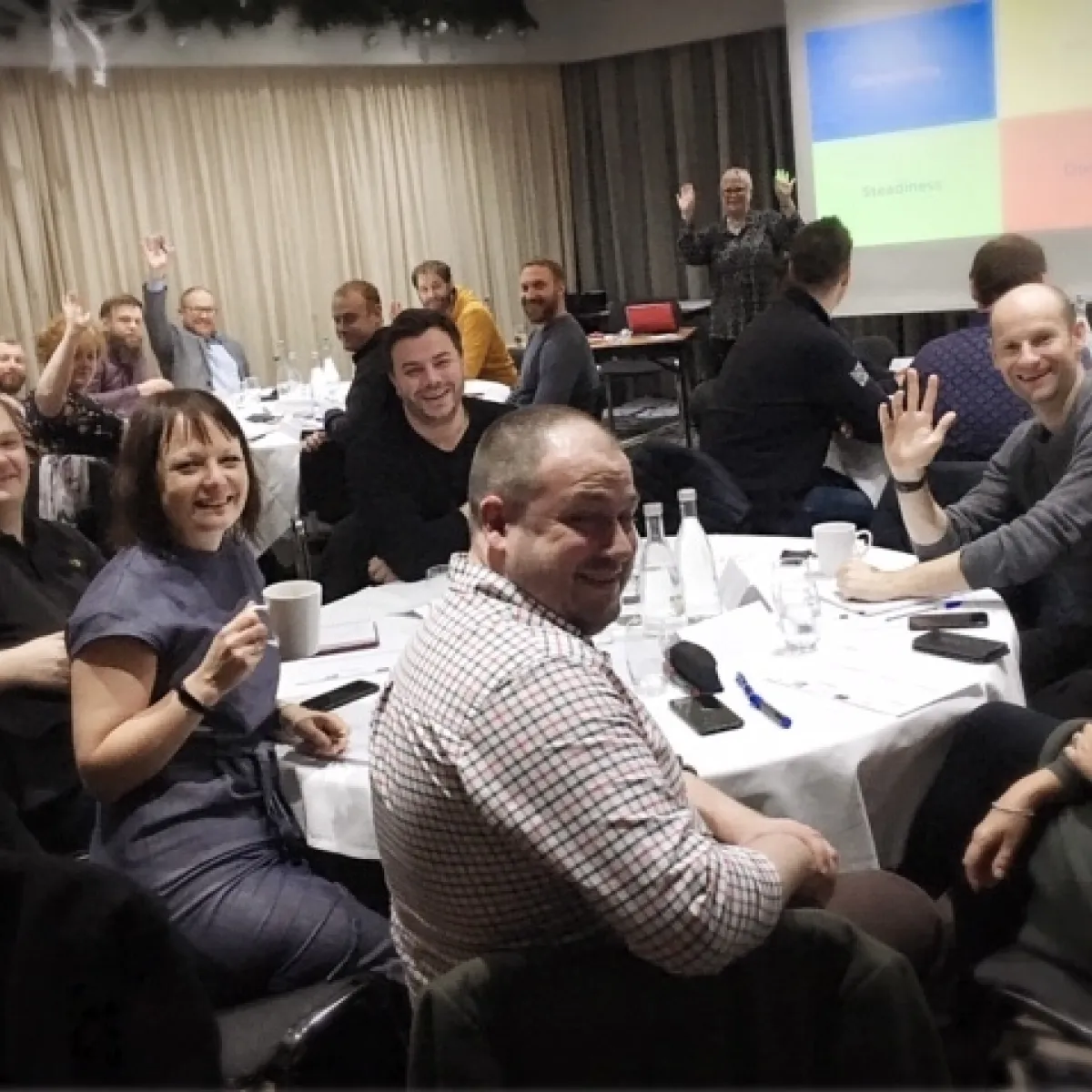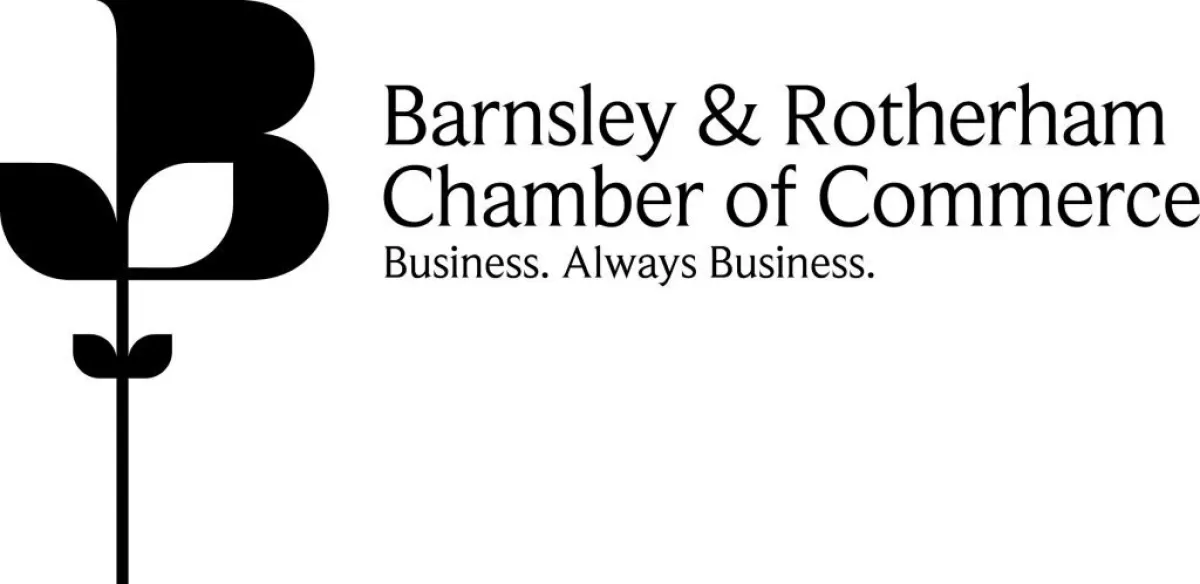Mindset

You have two members of staff. One often tells you what they can’t do, what they’ll ‘never be any good at.’ They may even say ‘people like me aren’t any good at this sort of task’, or ‘there’s no point in me trying, it’s not worth the effort.’ Then there’s your other team member, who will often tell you how they worked something out, how a piece of constructive criticism spurred them on to greater things. This person is the one who will often come to you looking for more challenging tasks and projects.
What you’re facing are two contrasting mindsets. Dr Carol Dweck, regarded as one of the leading researchers in personality and social psychology, undertook extensive research which discovered two powerful mindsets: fixed and growth.
The fixed mindset gives us a range of self-limiting beliefs, including:
- Talent is a pre-ordained gift
- Expect reward without effort
- Challenge is to be avoided
- It’s better to stick with what you know than try something new
- To fail once is to fail completely
- Criticism is to be rejected and taken personally
Think about your friends and colleagues who tend to eat the same food, go to the same places and resolutely stick to the same work tasks, despite the modern workplace demanding flexibility.
Dweck’s research with teenagers showed that when they were given non-specific praise, or told they were supremely talented at something, they showed a tendency to practice and/or work less hard, they began to lack focus and their results often slip, as they rely on their talent to get them through. The tennis player John McEnroe was told he was gifted and had a comparatively lax training regime. His talent was such that it was enough to see him win against most opponents but was often let down by his fitness levels and mental resilience. Those of us of a certain age will remember how he reacted to decisions that went against him! McEnroe explained that he felt he didn’t need to put in as much effort and admits that despite his great success, he didn’t fulfil his potential as a player.
What’s clear is that a fixed mindset can not only inhibit us from looking for success, it can affect us when we are successful, by taking our talent for granted and spilling over into arrogance when interacting with others.
However, the fixed mindset has its benefits. Think about health & safety, or financial and procedural compliance. Here, it is crucial to be fixed on the exacting standards necessary for our health or financial safety. The key is to remember to use the fixed mindset when it is needed and not out of habit.
The growth mindset gives us a set of enhancing beliefs, including:
- Embracing challenges
- Accepting criticism and negative feedback as constructive
- Equating reward with effort
- Persisting in the face of setbacks
- Learning from failure
Think about your friends and colleagues who seek out new restaurants, holiday destinations and challenging hobbies and work projects.
Dweck’s research on teenagers found that when they were given specific praise, with the added input on the importance of extra effort, their results improved. It also meant that they connected the effort with the results and developed higher levels of resilience and motivation. Her research extended to the business world, where, unsurprisingly, she found that successful individuals and organisations who nurtured a growth mindset found ways to make the improvements necessary to stay successful and fend off competitors.
So, how do you develop a growth mindset? The first step is to start with you. What do you have, how can you use it and what else do you need to find out? Think about the times when you have recovered from personal/professional setbacks. What did you do, how did you stay strong? Make your success your responsibility and find the information you need. Then work out what to do with your new information, step by step. Consider the obstacles that may lie in front of you and work out how you’ll get around them. Think about who can be your allies. Find out what they do to keep their mindset strong. Put together a plan of how, when and with whom you will take the steps, allowing yourself the odd setback to test your new mindset out. Then, plan how you are going to continue growing.
Mindset is a wonderfully simple idea about how your brain can foster learning and nurture the resilience that is the basis for success. Give it a try!
Want to find out more?
Take a look at Dr Carol Dweck’s book and TED talk, ‘Mindset’.
Continue Reading
Partnerships & Accreditations




























